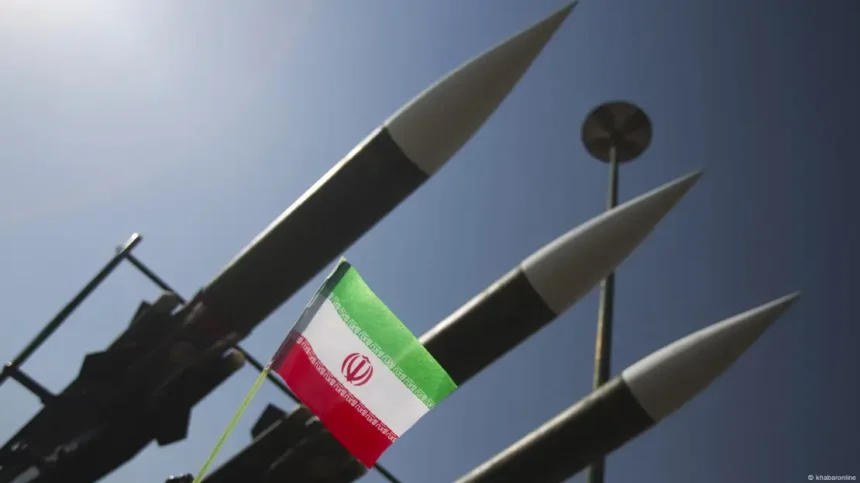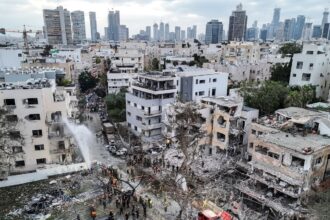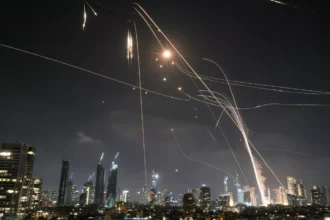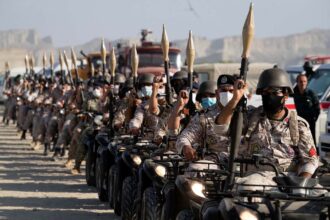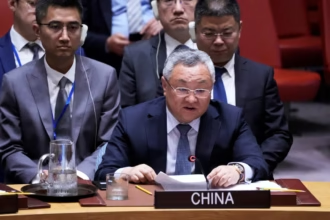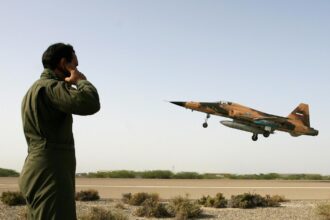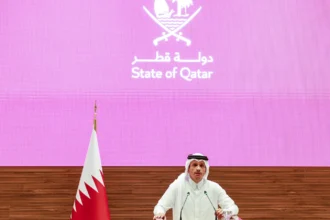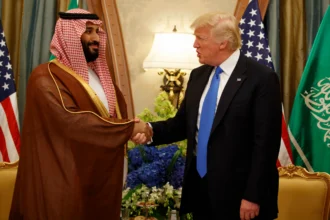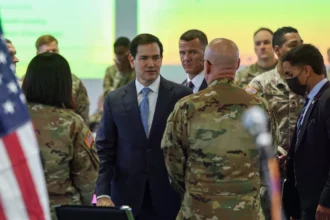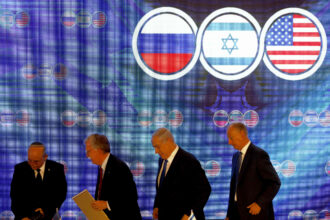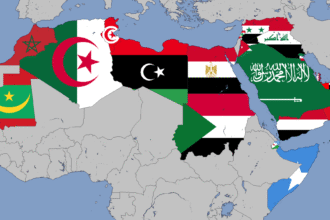The question of whether Iran possesses a hidden nuclear weapon has sparked speculation for decades. While there is no publicly confirmed evidence that Iran currently has a nuclear bomb, its nuclear program has long raised concerns among global powers, intelligence agencies, and regional rivals—particularly Israel, the United States, and Gulf states.
What We Know About Iran’s Nuclear Program
Iran maintains that its nuclear ambitions are purely peaceful—focused on energy production and medical research. The country is a signatory to the Non-Proliferation Treaty (NPT), which allows for civilian nuclear development under international oversight. However, multiple reports from the International Atomic Energy Agency (IAEA) have noted Iran’s enrichment of uranium beyond levels needed for civilian use, approaching weapons-grade thresholds.
Allegations and Suspicion
Western intelligence agencies, including those in the U.S. and Israel, have long alleged that Iran may have conducted secret military nuclear activities in the past. Leaked documents, satellite images, and intercepted communications have hinted at research related to warhead design, missile delivery systems, and clandestine nuclear sites.
In 2018, Israel revealed a trove of Iranian documents—dubbed the “nuclear archive”—that suggested Iran had, at minimum, worked on weapons capability prior to 2003. While these findings indicated historical intent, they did not confirm an active nuclear weapon today.
Could Iran Have a Hidden Nuclear Weapon?
Several scenarios are possible:
- Yes, but undetected: Iran may have secretly developed and hidden one or more nuclear weapons in undisclosed facilities. This is the most extreme theory and would require extraordinary secrecy, resources, and technological ability, along with a complete failure of global intelligence agencies.
- No, but capable soon: More likely, Iran is enriching uranium and developing technology that could allow it to assemble a weapon quickly if it chooses—what’s known as “nuclear breakout capacity.” Many analysts believe Iran could produce a nuclear bomb within months if it decides to abandon international agreements.
- No, and still under pressure: Iran remains under heavy sanctions, international inspections, and diplomatic pressure. Developing a weapon without detection would be extremely difficult, given the IAEA’s surveillance and the attention of Western and regional intelligence services.
Why Iran Might Want to Keep It Ambiguous
Strategic ambiguity can serve Iran’s interests. By not confirming a nuclear weapon, Iran avoids direct retaliation or further isolation. At the same time, the uncertainty forces adversaries to think twice before launching an attack, especially as nuclear capability—real or perceived—acts as a powerful deterrent.
Conclusion
There is no concrete public evidence that Iran currently possesses a hidden nuclear weapon. However, it is widely believed to have the knowledge and infrastructure to build one if it chooses. The international community remains on edge, monitoring closely as geopolitical tensions in the Middle East continue to rise. Whether Iran moves from nuclear threshold status to full weaponization remains a question with profound global consequences.

